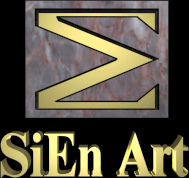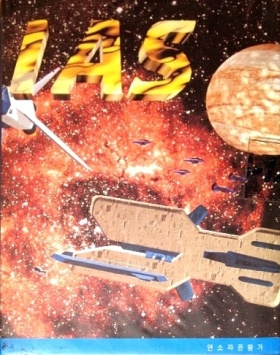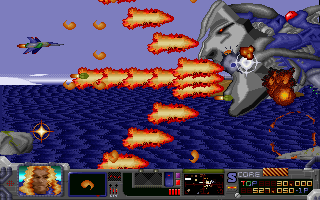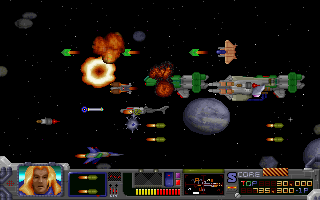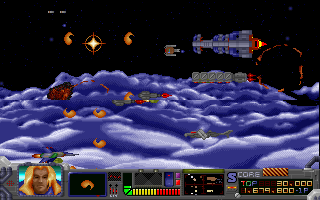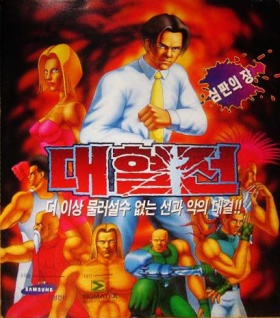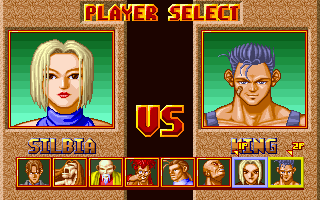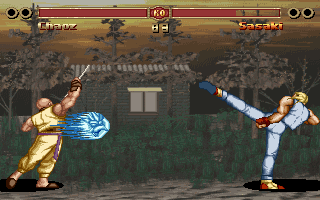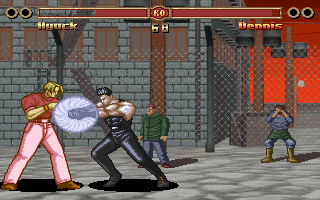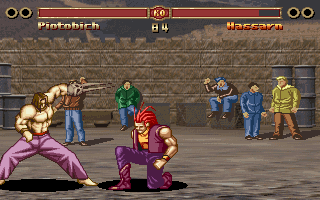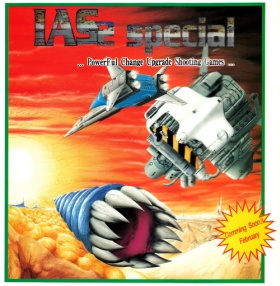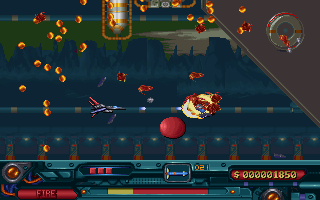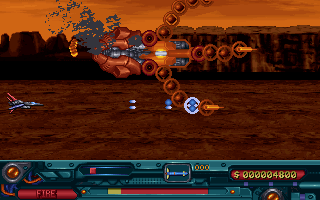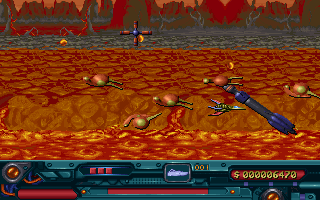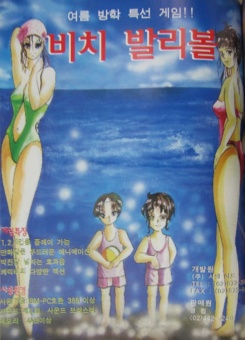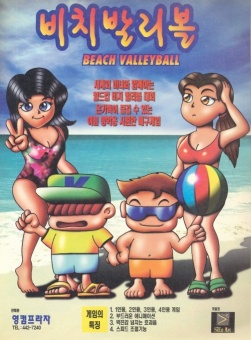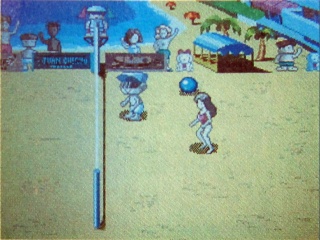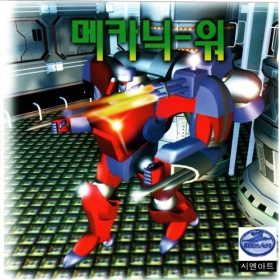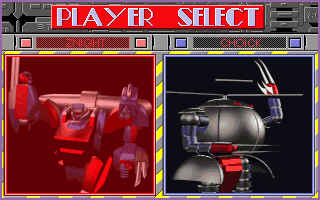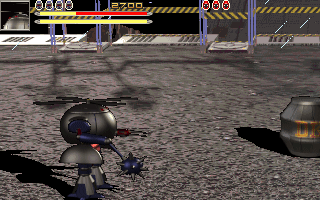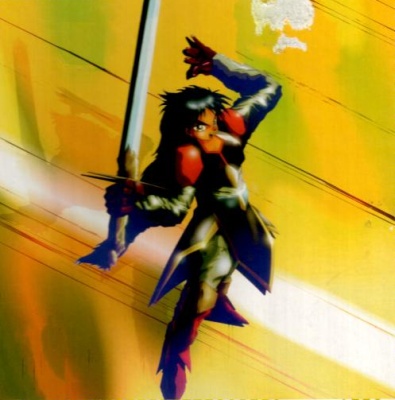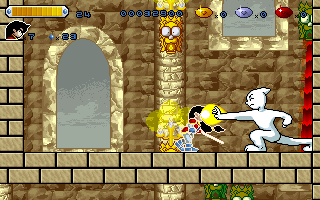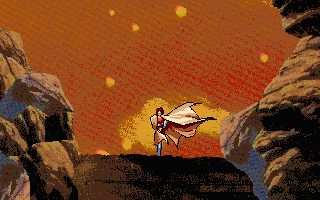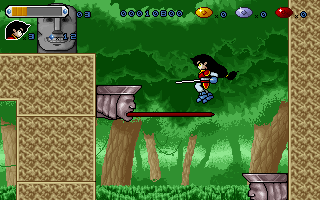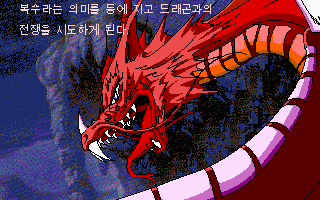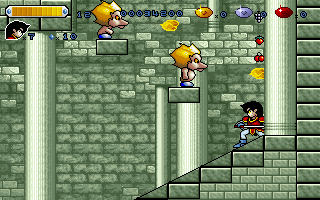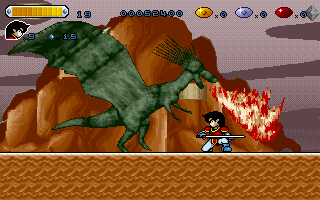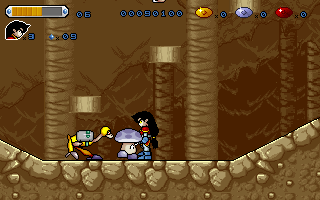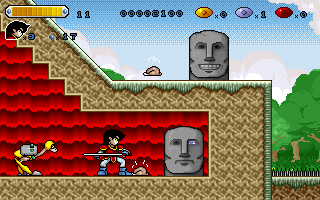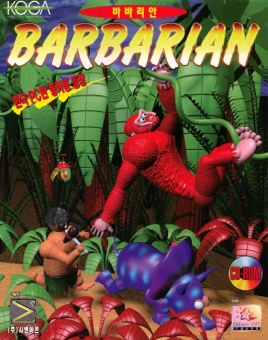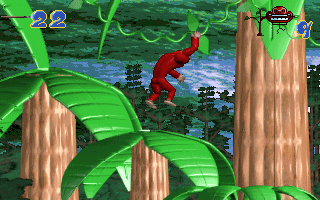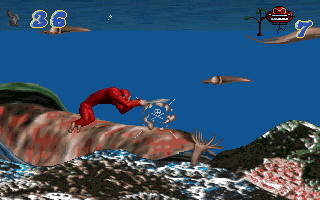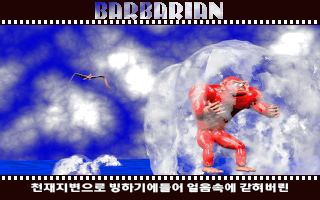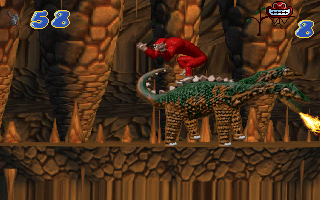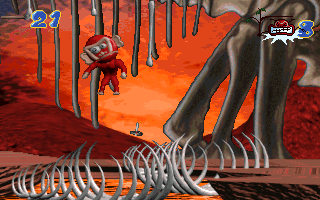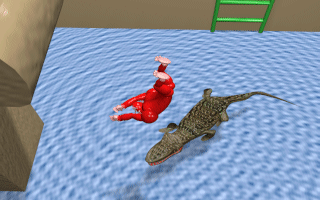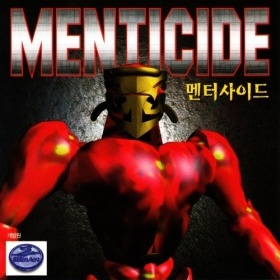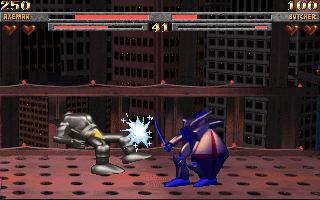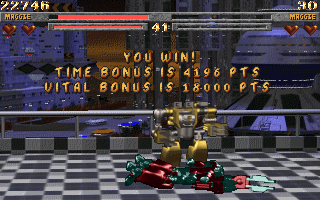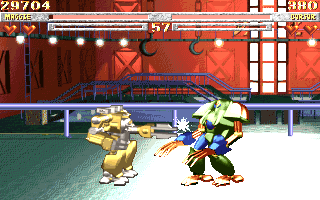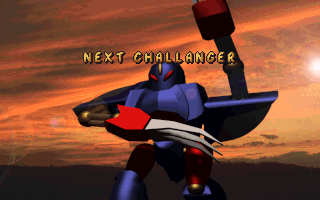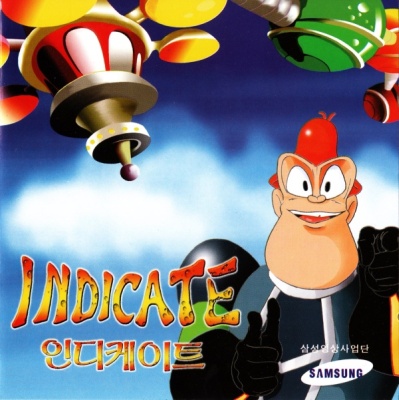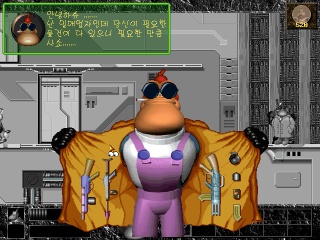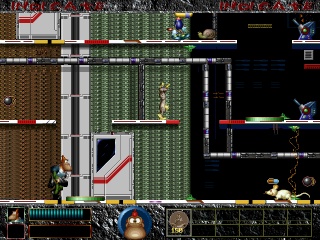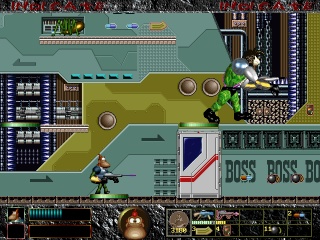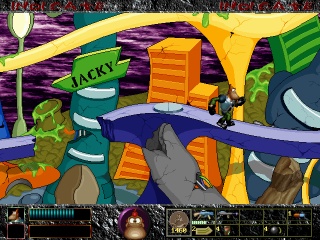A History of Korean Gaming
시그마택 Sigmatec / 시엔아트 SiEn Art / 시엔정보통신 SiEn Information Communication
|
Founded: |
June 1993 |
|
Status: |
defunct (ca. 1998) |
|
Key People: |
이찬원 Lee Chanwon: |
|
Website: |
www.sienart.com (offline) |
Founded as Sigmatek Studio, this developer went to more frequent name changes than any other, to Sigmatek Entertainment to SiEn Arts and, finally, to SiEn Infocom. In 1996, SiEn started to expanded by creating a publishing division1, as well as an internet/multimedia division later that year2. In May 1997, the company announced their retreat from the game business to concentrate on homepage service, cancelling all their games in development, except for the RTS Cheonha Tongil3, which they eventually didn't finish, either.
The company mostly known as SiEn Art is kind of an unloved child among Korean gamers, it's hard to find anyone to fondly remember their games at all. Still, SiEn Art products are until today about the most readily available among games of their time.
Games
이아스 (IAS) - IBM PC (1994)
Cover
Sigmatek debuted with a vertical scrolling shmup rather typical for the genre except for an interesting secondary weapon used so specifically attack enemies' projectiles. The technical execution, hovewer, left much to be desired, mostly because of choppy scrolling and a very instable framerate.
대혈전 (Daehyeoljeon): The Great Fighter - IBM PC (May 1995)
Cover
While more playable than most of its PC contemporaries, Sigmatek's first fighting game still doesn't hold a candle against the likes of Super Street Fighter II Turbo or King of Fighters. The mechanics are much too basic, and the controls are 2nd tier as well. Then there's only 8 playable characters and no bosses, which was already much too few in the eyes of most people by 1995.
Character sprites are dotted quite well, even though most don't convey much personality. The backgrounds are hideous, though, because SigmaTec already began to make a transfer to prerendered graphics, which should foreshadow the looks of many of their later games.
Into the Sun (인투더썬): Projected Distruction - IBM PC (July 1995)
Early Advertisement
Into the Sun is a direct sequel to SiEn Art's first game, IAS. In fact, early advertisements still introduced the game as IAS2 Special. The trademark anti-projectile laser, however, has been replaced with a more conventional extra weapon system. Uses for smart bombs, sattelite guns and missiles now have to be bought in a store in between stages.
The game runs a lot smoother than its progenitor and shows off some nice screen effects.
메카닉워 (Mechanic War) - IBM PC (October 1995)
Cover
Mechanic War is more than just a little bit inspired by Capcom's arcade brawler Armored Warriors. It only supports two player gameplay opposed to the three available in Armored Warriors, but the mechanic about recycling the parts of detroyed enemies for new attacks is simply carried over.
티피의 모험 (Tipi-ui Moheom) / The Adventure of Tipi: The Legend of Meda / Tipi's Adventure - IBM PC (1996)
Cover Art
The Adventure of Tipi appears as a gem that sticks out from the rest of SienArt's catalog, at least visually, thanks to the fact that the game relies on beautiful dot graphics. Rendering only shows its ugly head with the final boss, which is only recognizable as a dragon through its sillhouette.
The gameplay isn't too shabby, either. Controls are tight and responsive with only occasionally aggravating collision detection. The stages are wide and give room for exploration, but not to a confusing degree. Level design is a bit on the bastardly side, though, not rarely hiding important platforms behind the foreground and with plenty of invisible passages. The game is never so mean as to drive players mad while searching for the three colored gems and the statues they have to be inserted to in order to open up the doors that lead to each stage's boss. Even stage 6, which is covered over its full size by an irritating foreground wall pattern, is surprisingly intuitive to conquer. And then it's already over.
That's right, six stages and a final boss, that's it. Korean platformers always tend to be rather on the short side, but rarely is it as disappointing as in Tipi's Adventure. It wouldn't take a uniqe graphics template for each stage, but creating a few more challenges with the tiles at hand hardly would have been too much to ask. As it stands, Tipi-ui Moheom can't evade the aftertaste of being little more than a demo for what could have been a very good game.
While SiEn Art had a few games released in Taiwan, The Adventure of Tipi actually made it all the way to Germany.
바바리안 (Barbarian) - IBM PC (1996)
Cover
While the title might stir up memories about gory 80's 1-on-1 fighting games, the platformer is actually one of the more blatant examples of Asian Donkey Kong Country exploitation. But of course the ape who jumps through all kinds of standard platformer setpiece environments with awkward controls is totally not a gorilla at all, the game's lore rather depicts him as a primitive ancestor to man (hence the mistranslation "Barbarian").
The prerendered graphics couldn't look any more hideous (except for the awesome rubber look of the firebreathing two-headed dinosaur boss), with the cutscenes in between stages, which show the protagonist doing all kinds of ridiculous anachronistic stuff, taking the cake. Like most platformers from Korea at the time, the game is also painfully short for a game released in 1996.
인디케이트 (Indicate) - IBM PC (1997)
Cover
SiEn Art's last released game featured hi-res vesa graphics, but was as much as a mess as the previous ones, technically. The controls are awkward and terribly glitched and the collision detection none the better. Even disregarding these problems, the difficulty is just downright unfair, ammunition and health always in much too short supply. There's a kick and a punch attack for melee, but one wonders why the choice, as the punch is vastly inferior in every situation. The game also looks really ugly, mixing rendered graphics with (badly) hand drawn ones whenever it sees fit.
Unreleased Titles:
영혼의 검 (Yeonghon-ui Geom) (1994)
메카닉플라모델 (Mechanic Pla Model) (1994)
메다의 전설 (Meda-ui Jeonseol) (1995)
쓰리걸 (3 Girl) / Phantasy of Three Girl (1996)
최후의 기회 (Choehu-ui Gihoe) / Final Occasion (1996-1997)
로미오와 줄리엣 (Romeo & Juliet) (1996-1997)
천하통일 (Cheonha Tongil) (1996-1997)
References
1. Game Champ 3/1996, page 86
2. GameCom 11/1996, page 55
3. PC Champ 6/1997, page 94
